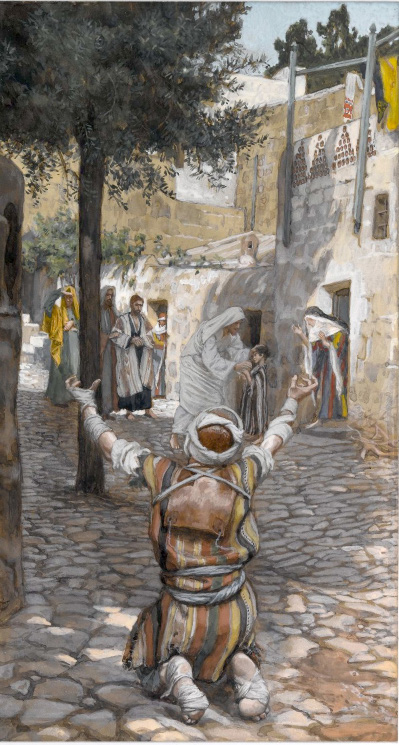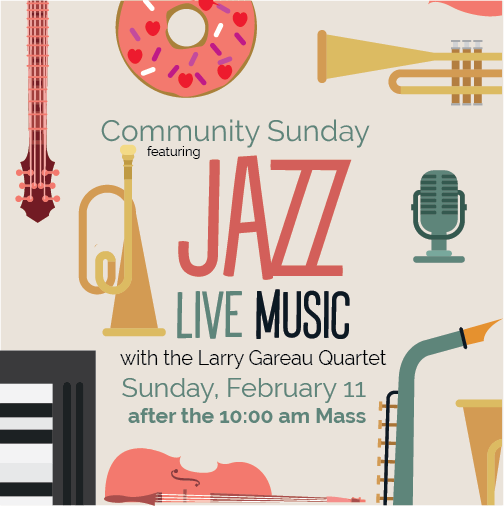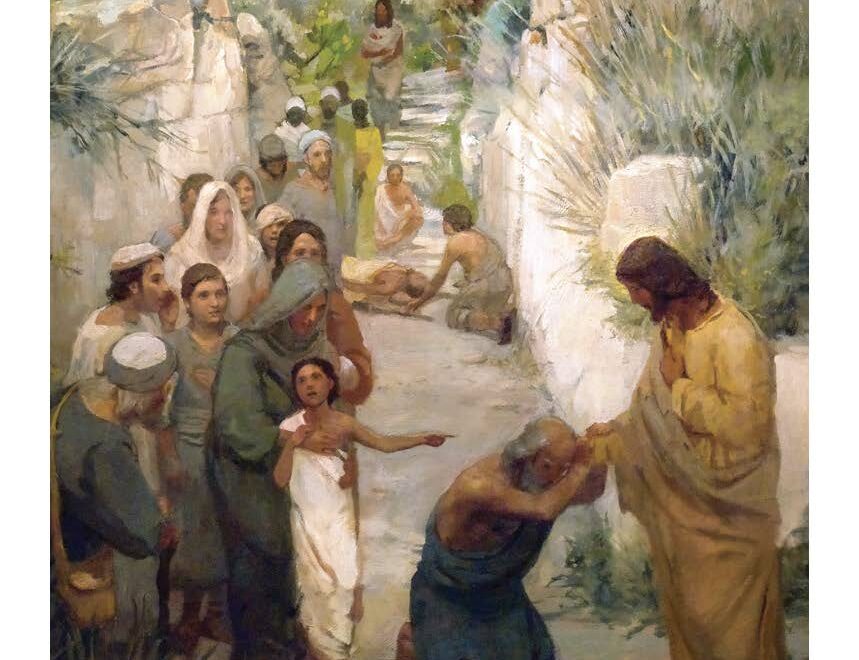
Dear Parishioners and Friends,
Every time I read or hear the passage from the book of Leviticus in our first reading today, I think back to 1988 when I took part in a tour of Italy with the choir from St. Agnes Cathedral in Rockville Centre, Long Island. The highlight of the tour was the celebration of Sunday Mass at St. Peter’s Basilica. I had the honor of being chosen to read the first lesson of the Mass, which was to be read in English that day. When an old Italian monsignor handed me the Lectionary to look over the reading, my excitement quickly turned to disappointment. I thought to myself, “Oh, this is great; here I am about to make my ‘debut’ in St. Peter’s Basilica, and I have to read about scabs, pustules and blotches!”
The Book of Leviticus sets forth laws governing many different aspects of human existence, especially as humans relate to one another – in this case, how a person suffering from leprosy was to be treated by the community. In fact, the person was ex-communicated: “He shall dwell apart, making his abode outside the camp.”

In the time when Jesus lived, lepers kept their distance, and healthy people were forbidden to go near them. But Jesus defied the law and did a very daring thing: he touched the leper! Then he told the leper, now cleansed and made whole, not to tell others what happened. Well, how could the man possibly keep that story to himself? He simply had to let everyone know about it. As a result, Jesus could not go anywhere without crowds following him, seeking cures and miracles.
In a sense, the lepers of Jesus’ time lived a form of slavery; they were enslaved by their own disease-ridden bodies, disowned by their own community, and destined to live solitary lives in poverty. Pope Francis’s annual message for Lent 2024 focuses on God’s call to leave behind the bonds of slavery and embark on a journey toward new life.
“Lent is a season of conversion, a time of freedom” Pope Francis writes. “It is time to act, and in Lent, to act also means to pause. To pause in prayer, in order to receive the word of God, to pause like the Samaritan in the presence of a wounded brother or sister. Love of God and love of neighbor are one love. Not to have other gods is to pause in the presence of God beside the flesh of our neighbor. For this reason, prayer, almsgiving and fasting are not three unrelated acts, but a single movement of openness and self-emptying, in which we cast out the idols that weigh us down, the attachments that imprison us. Then the atrophied and isolated heart will revive. Slow down, then, and pause! The contemplative dimension of life that Lent helps us to rediscover will release new energies. In the presence of God, we become brothers and sisters, more sensitive to one another: in place of threats and enemies, we discover companions and fellow travelers. This is God’s dream, the promised land to which we journey once we have left our slavery behind.”
Pope Francis invites every Christian community to ask its members to “rethink their lifestyles” and to examine their role in society and the contribution they can make to its betterment. The Church looks for “communitarian decisions” that are “capable of altering the daily lives of individuals and entire neighborhoods, such as the ways we acquire goods, care for creation and strive to include those who go unseen or are looked down upon,” he said.
“Let us ask: Do I want a new world? Am I ready to leave behind my compromises with the old?” the pope writes, inviting us to “keep seeking and be ready to take risks.”
As we enter the season of Lent this week on Ash Wednesday, let us keep in mind the Pope’s message to us and not let us remain enslaved by the many things that keep us from loving God and one another, but always seek to lift up others in mercy and compassion.
Blessings on your week ahead!
Fr. Tim Shreenan, O.F.M., Pastor



